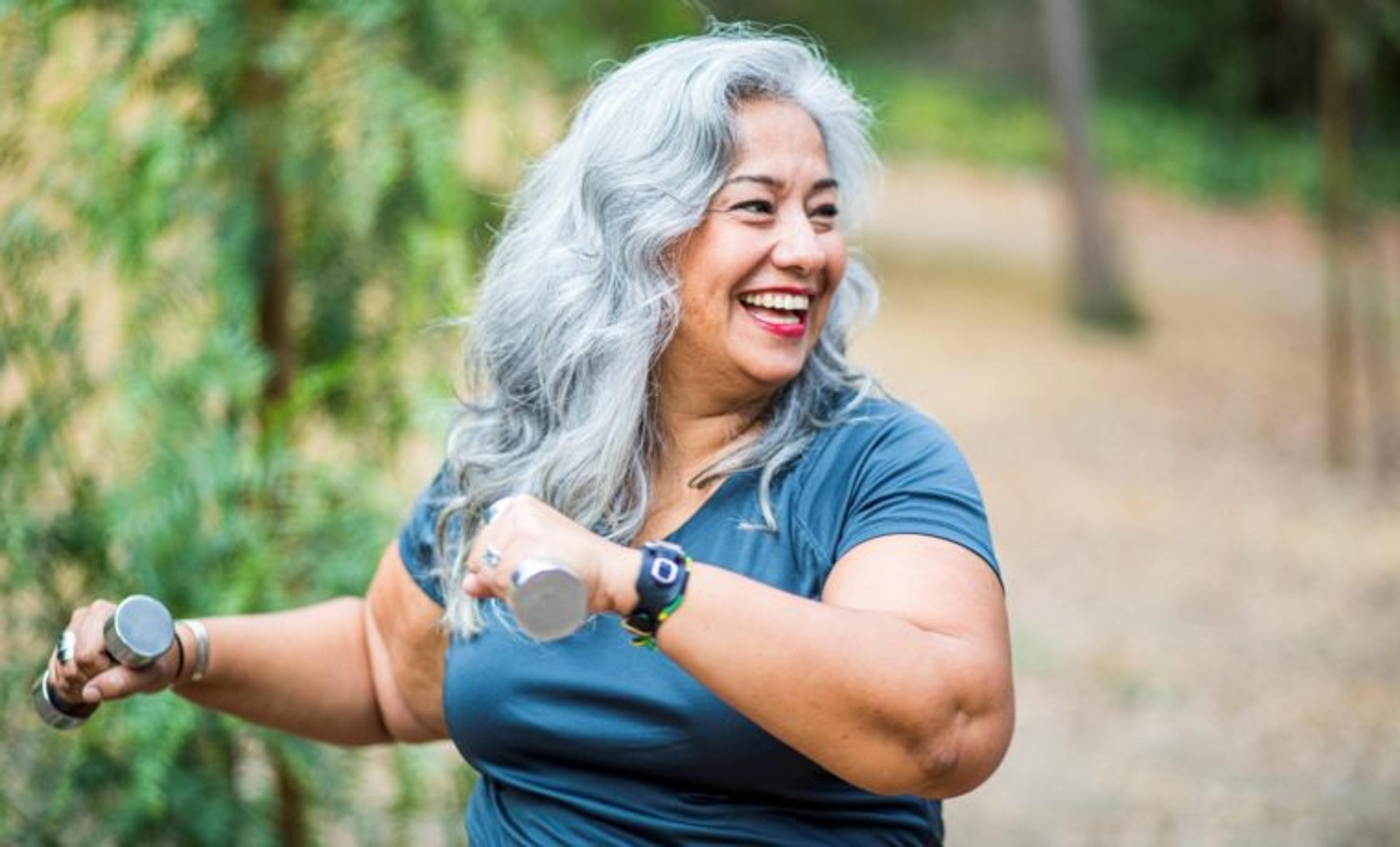To improve outcomes for patients after angioplasty, this initiative got more patients into cardiac rehab programs
Debbie Reinheimer
| 2 min read

For patients with heart disease, participation in an outpatient cardiac rehabilitation program is associated with a lower risk of cardiovascular readmission and death, and improved quality of life.
Yet nationally the rate of referral to a cardiac rehab program after percutaneous coronary intervention (PCI) has remained suboptimal; between 60 and 70 percent over the past 10 years, with actual enrollment into a program at less than 30 percent.
In Michigan, clinicians at the 33 hospitals participating in the BMC2 cardiovascular collaborative quality initiative (CQI) set out to improve the referral rate to cardiac rehab after PCI. They launched a concerted effort to increase cardiac rehab referrals while patients were still hospitalized after an angioplasty procedure.
“Through collaboration among sites, participants developed systems to improve the rate of referral to cardiac rehab prior to discharge, including automating referrals through the electronic health record. Staff at participating sites used customized order sets and clear patient discharge instructions as a way to ensure referrals were in place and patients were educated about the benefits of cardiac rehab prior to discharge,” said Annemarie Forrest, BMC2 program manager.
Site teams are also developing strategies to address some of the barriers that make it more difficult for patients to enroll in a cardiac rehab program. For example, some patients are unable to go to a facility-based cardiac rehab program due to lack of transportation. Teams are currently sharing best practices for setting up and running home-based or virtual programs.
Some site teams used an inpatient liaison to help educate patients about cardiac rehab and guide them through the enrollment process. They also helped ensure prompt scheduling of the patient’s first cardiac rehab session prior to discharge.
Throughout these efforts, the sites were able to track their progress through quarterly reports sent by the CQI coordinating center.
The results have been remarkable. At the end of 2020, 90.7 percent of patients were referred to a cardiac rehab program before being discharged from the hospital – up from 64.8 percent when the effort began in 2010.
“Now, our goal is to increase the rate of cardiac rehab participation by 10 percent. We are focusing on helping sites create and expand virtual and hybrid cardiac rehab programs. And participants will continue to share best practices to ensure patients receive high quality care,” said Devraj Sukul, MD, BMC2 PCI associate program director.
For more information on the cardiovascular CQI, go to bmc2.org.





